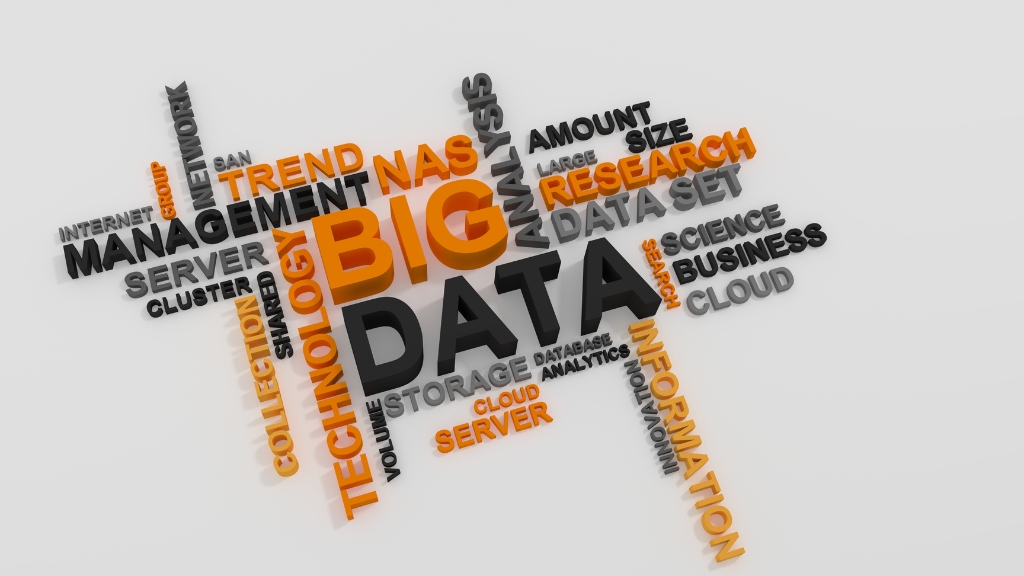
The Future of Fundraising: Leveraging AI for Nonprofit Success
In an ever-evolving digital landscape, nonprofits are increasingly looking for innovative ways to increase their impact and effectiveness. One of the most promising advancements is the integration of artificial intelligence (AI) into fundraising strategies. AI is revolutionizing the nonprofit sector, enabling organizations to optimize their fundraising efforts, streamline operations, and engage donors in more meaningful ways. Here’s how AI is shaping the future of fundraising and what nonprofits can expect in the years to come.
1. Enhanced Donor Insights
AI has the ability to analyze vast amounts of data and extract valuable insights. For nonprofits, this means gaining a deeper understanding of donor behavior and preferences. By analyzing data such as donation history, engagement patterns, and social media activity, AI can help nonprofits segment their donors more effectively. This leads to highly personalized communication strategies that resonate with individuals on a deeper level, ultimately increasing donor retention and contribution amounts.
2. Predictive Analytics for Fundraising Campaigns
Predictive analytics is a game-changer in the world of fundraising. AI-powered tools can forecast future donor behavior by identifying patterns in historical data. Nonprofits can use these insights to determine the most effective times to launch campaigns, target specific donor groups, and predict which fundraising strategies will yield the highest returns. By relying on data-driven predictions, nonprofits can maximize their fundraising efficiency, saving both time and resources.
3. Automating Routine Tasks
AI-powered automation tools are transforming the way nonprofits handle day-to-day tasks. From processing donations to sending thank-you emails, AI can automate routine administrative tasks, allowing staff to focus on higher-level strategic initiatives. For example, AI-driven chatbots can engage potential donors in real-time, answering their questions and guiding them through the donation process without the need for human intervention. This not only enhances donor experience but also increases the likelihood of conversion.
4. Improving Donor Engagement
Donor engagement is key to long-term fundraising success, and AI plays a critical role in improving how nonprofits connect with their supporters. AI can help nonprofits deliver personalized messages, recommend the best communication channels, and even suggest content tailored to individual donor preferences. By using AI to craft tailored campaigns, nonprofits can build stronger relationships with donors, leading to more sustained support over time.
5. AI-Driven Grant Writing and Proposal Development
AI is not just revolutionizing individual fundraising efforts; it is also helping nonprofits secure institutional funding. AI-driven tools can assist in grant writing by analyzing past successful grant proposals and suggesting ways to improve the chances of approval. These tools can streamline the research process by identifying the most relevant funding opportunities based on the organization’s mission, increasing the likelihood of securing critical financial support.
6. Real-Time Data Analysis
One of the greatest advantages of AI is its ability to provide real-time insights. This can be particularly useful during live fundraising events or time-sensitive campaigns. AI tools can analyze data as it comes in, allowing nonprofits to adjust their strategies on the fly. Whether it’s shifting the focus of a campaign to a more receptive audience or changing the messaging to better resonate with donors, AI allows nonprofits to make informed decisions in the moment, improving the overall success of fundraising efforts.
7. AI and Ethical Considerations
As nonprofits adopt AI technologies, it is important to consider the ethical implications of these tools. While AI has the potential to enhance fundraising efforts significantly, it also raises questions about data privacy and the risk of over-reliance on automated systems. Nonprofits must ensure that they are transparent about their use of AI, particularly when it comes to collecting and analyzing donor data. Implementing strong data protection policies and ensuring AI-driven decisions align with the organization’s values are crucial to maintaining donor trust.
Conclusion
AI is transforming the future of fundraising, offering nonprofits new ways to engage donors, predict outcomes, and automate tasks. As the technology continues to evolve, nonprofits that leverage AI effectively will be able to maximize their impact and achieve greater success in their fundraising efforts. By embracing AI-driven solutions, nonprofits can not only increase their fundraising efficiency but also strengthen their relationships with supporters, ensuring long-term sustainability and growth.
Leave a Reply
- AI in Diagnostics: Revolutionizing Early Detection and Accuracy
- How AI and Advanced Analytics Are Transforming Healthcare Outcomes
- Investing with Confidence: The Role of ROI Calculators
- How ROI Calculators Drive Data-Driven Business Strategies
- The Ultimate Guide to ROI Calculators for Business Success
- Making Sense of ROI Calculators: A Comprehensive Guide
- June 2025 (1)
- May 2025 (1)
- October 2024 (2)
- September 2024 (31)
- August 2024 (31)
- July 2024 (27)
- June 2024 (28)
- May 2024 (30)
- April 2024 (33)
- March 2024 (23)
- February 2024 (29)
- January 2024 (3)
- December 2023 (47)
- November 2023 (36)
- October 2023 (23)
- September 2023 (2)
- June 2023 (2)
- May 2023 (13)
- April 2023 (1)




